Reducing the Risk of Sexual Harm: Episode 6 – Creating A Safer Community
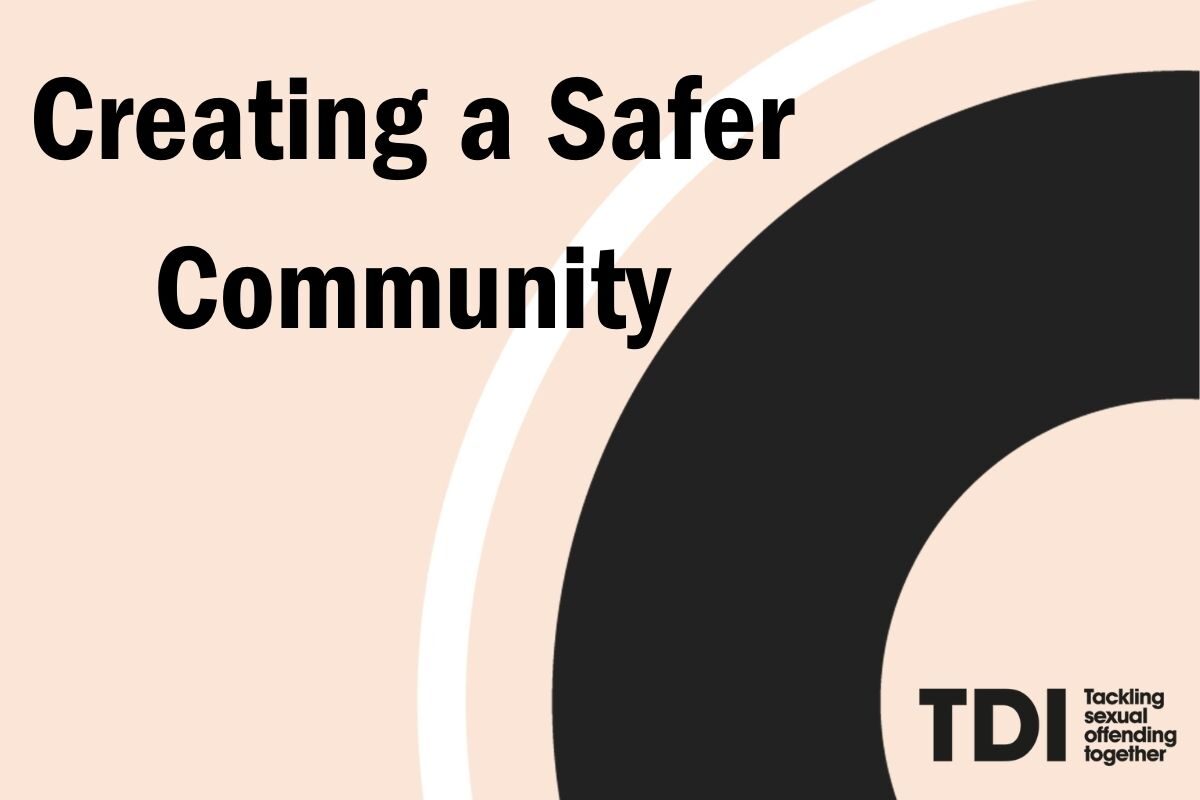
In this podcast, the last of our series, we discuss some ways in which all of us in the sector can take steps to create a safer environment for our learners both within our organisation and across our wider community.
In an area that sometimes seems impossibly complex and and worrying we know that there’s a huge amount that we can do within our own organisations to tackle some of the problems around sexual harm, but it’s clear that the issues we’re talking about go far beyond the borders of any single organisation and no matter how hard you try you can’t take responsibility for everything. We want to look at what’s out there that can help you in this area, some examples of great ideas and schemes that you can draw on and how you can become an active part of a much wider safer environment.
As an education provider you are at the crossroads of so many of the issues we are discussing. Your biggest target group is people between the ages of 14 and 25 and you have contact with them at a time that they are going through some of the biggest developmental stages of their lives. Some of them will have had abusive experiences in the past and some will be impacted by things that happen to them during the time they’re with you.
They’re moving into an environment that gives them more freedom than school, in which they can experiment with choices and adulthood but aren’t necessarily thinking about consequences. You have very different groups interacting including some pretty vulnerable young people. You also probably have large and spread out physical environments and most of your many hundreds or thousands of learners attending part time, so there may be only limited opportunities for your staff to get to know individuals well.
A big factor in whether you’re going to be able to improve safety for your learners (and in fact for your staff) is what kind of organisational culture you can create. Is it a culture where individuals feel recognised and known? Where they feel that somebody is watching out for them? Do learners feel able to speak out if they’re not comfortable or happy with something? It’s very common to use the word ‘community’ quite loosely – how often have you heard people at the top of organisations giving speeches about what a caring or kind or compassionate community they are, and genuinely believing it, whilst watching the eye-rolling amongst the audience of colleagues? How observant have you and your colleagues got time to be? It’s nearer a rule than an exception in most large organisations, let alone ones as large as many of yours are, that most people – colleagues or users – run along tram-lines in the way they interact. How do you foster a culture of deliberate and random connection so that it is difficult for bad things to go un-noticed ?
That’s a big ask of course, when you think how bad things can be carried on in plain sight even in families and very small groups. It’s an obvious truth that we all see things from our own perspective, but it’s very useful to try and step consciously into other people’s shoes. It’s an old chestnut that the surgeon who experiences their own hospital as an anonymous patient often has a big (and not necessarily nice) surprise.
What would your college feel like if you were a learner? Where would you feel safe or insecure? What would your 16-year-old self be worried about or enjoying? Have you tried hanging around the corridors at 8pm or Friday lunchtime? Or sat in the student cafe for four hours watching who sits where and who talks to whom? The higher up the tree we go, the less time we have to sit and watch and think and it’s easy to get further and further from the daily lives of our colleagues and learners.
There is a great wealth of knowledge and resource in every community beyond your gates – how much do you know about the projects and people who know about one or more aspects of sexual harm locally or regionally? How are you connecting, not just with the obvious agencies such as police and social services, but with the people and situations your learners are coming into contact with? How much do you know about nightclubs or dating sites or student sex work in your city?
There will be people who could come and have useful conversations about all those things with you and your learners. At TDI we believe in sharing knowledge and giving people skills to deal with risk. There is no reason why the learners can’t become the agents and ambassadors of change to make the environment safer. If it’s just a managerial exercise it won’t stick but if the learners themselves take on shared ownership and accountability we have a real chance of schanging the culture around sexual harm, which could have a positive impact on the lives of all your students.
Reducing the Risk of Sexual Harm
This brand new series of podcasts, by TDI, will be published on FE News every Thursday. Find each episode on FE News!
Find the series rundown below:
Episode 1 – The Big Picture – 15th June
Episode 2 – The Law – 22nd June
Episode 3 – Compliance – 29th June
Episode 4 – The Challenge of Technology – 6th July
Episode 5 – Accountability – 13th July
Episode 6 – Creating A Safer Community – 20th July



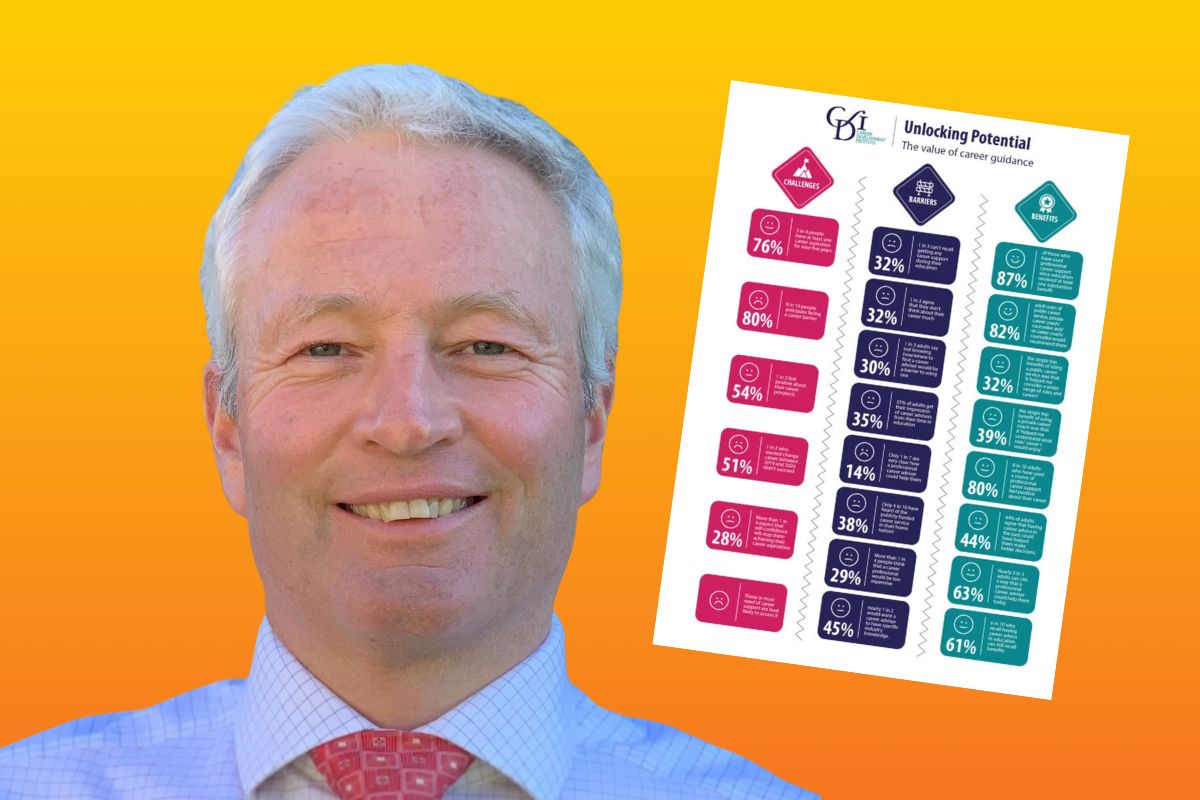
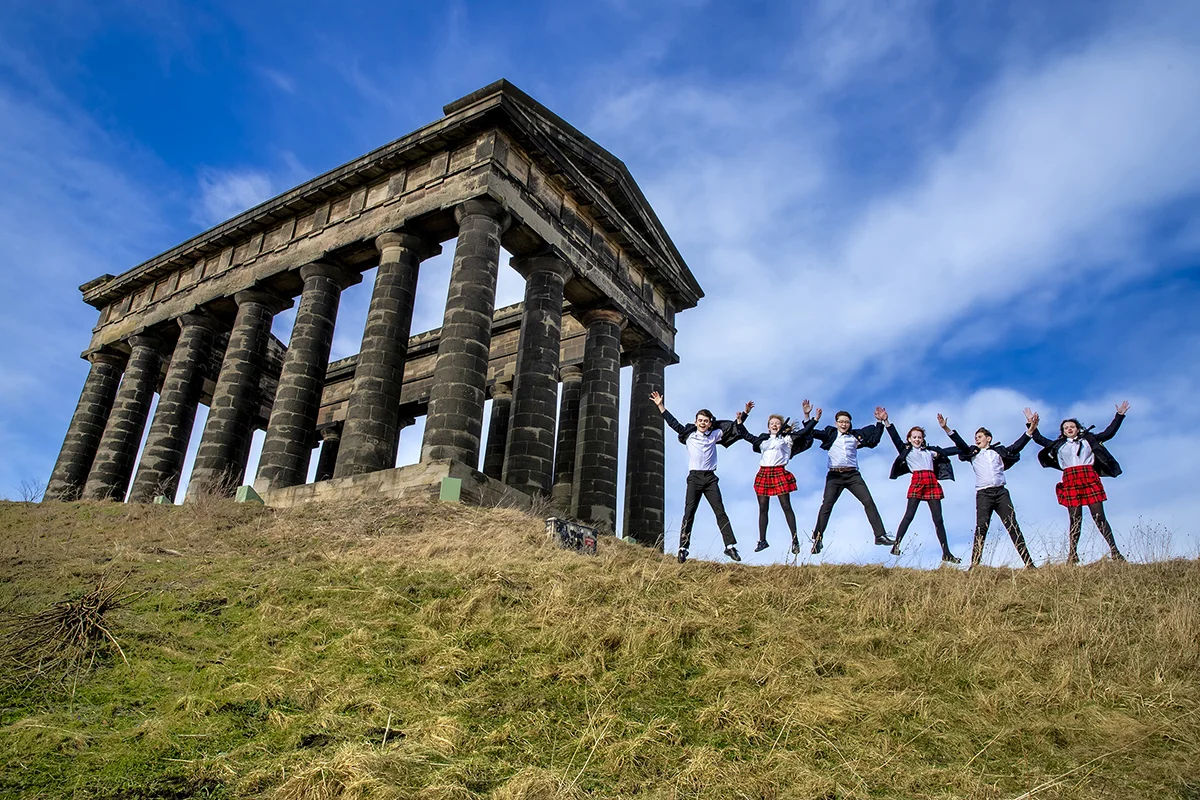
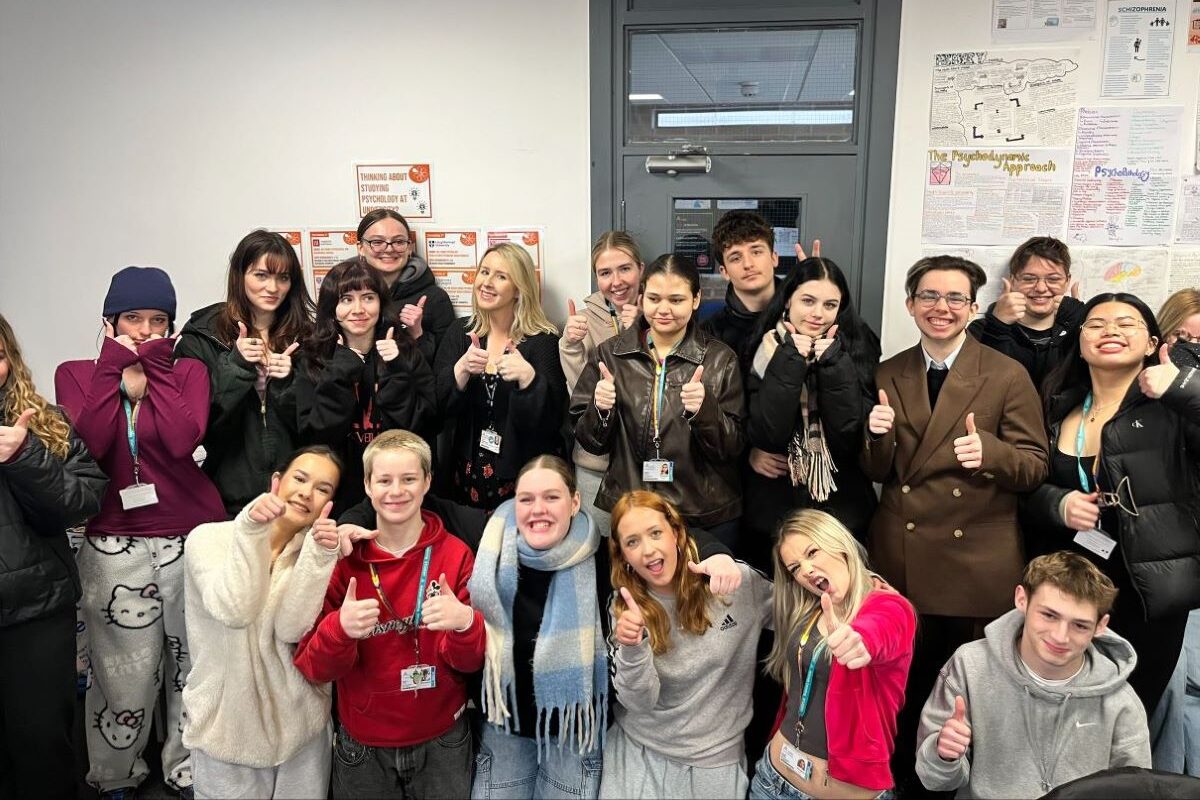
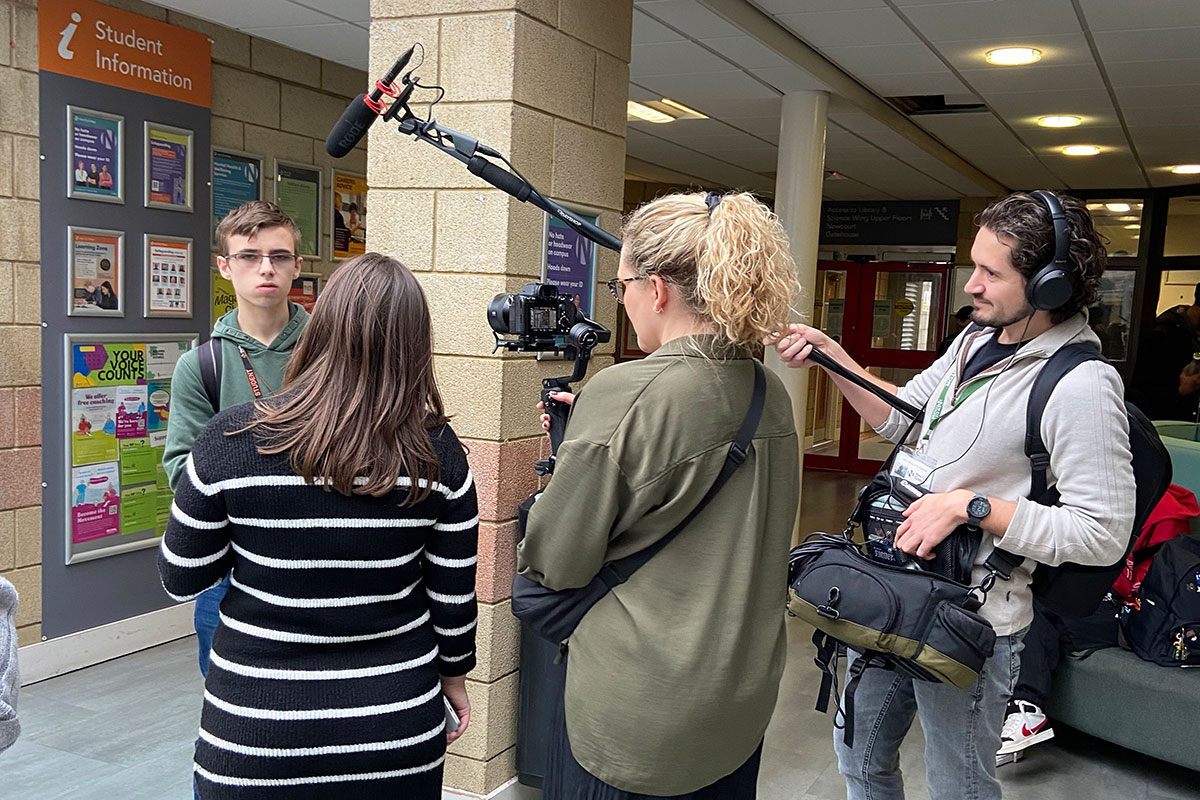
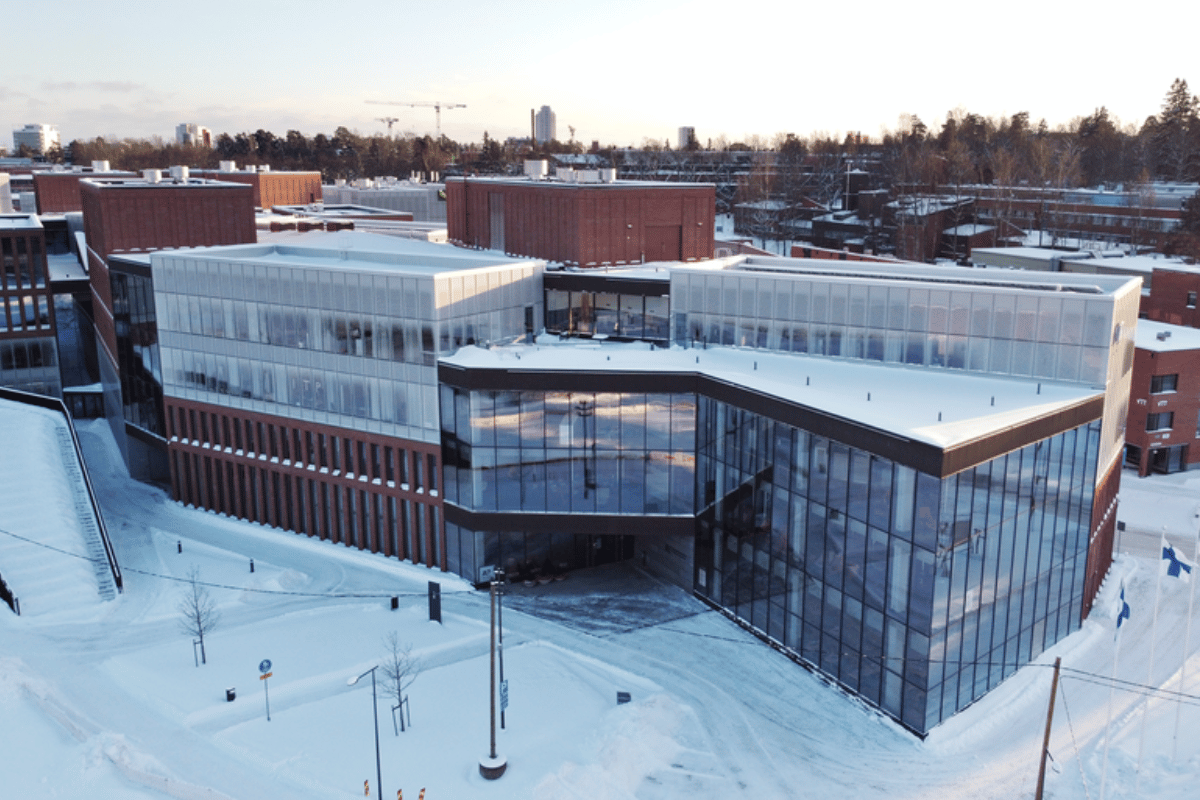
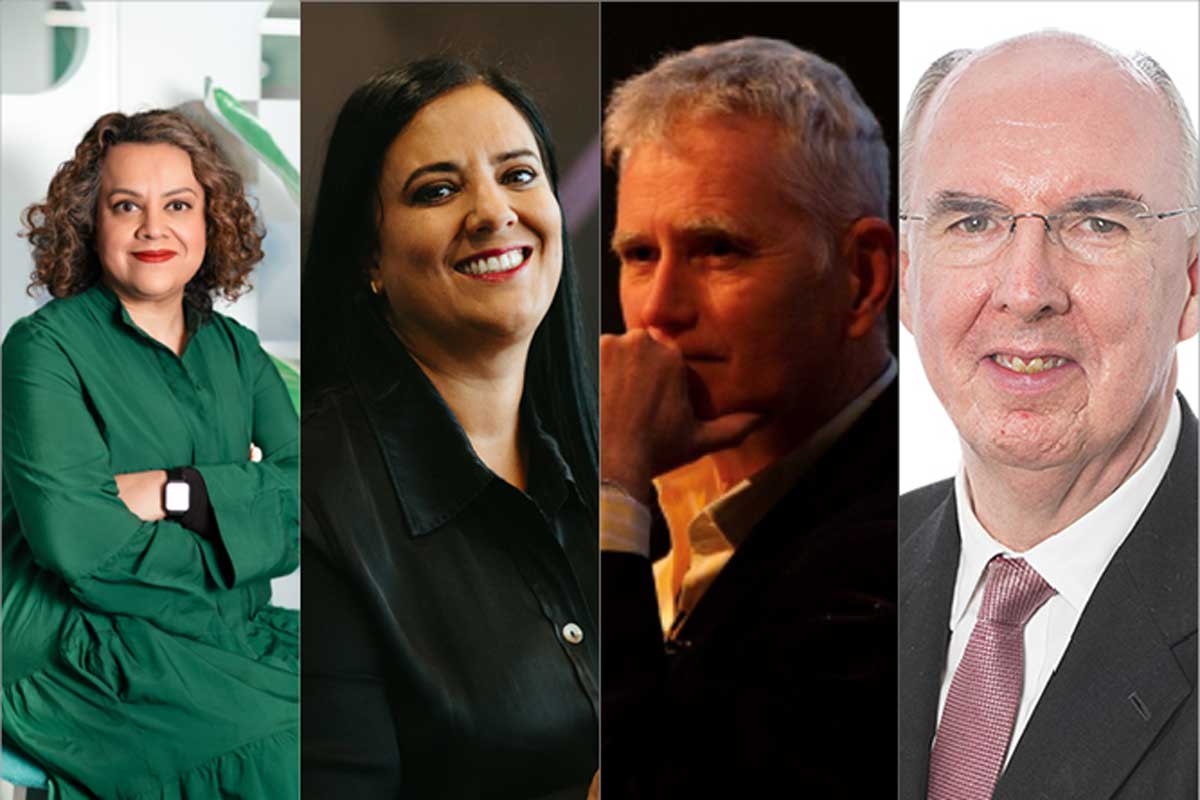


Responses